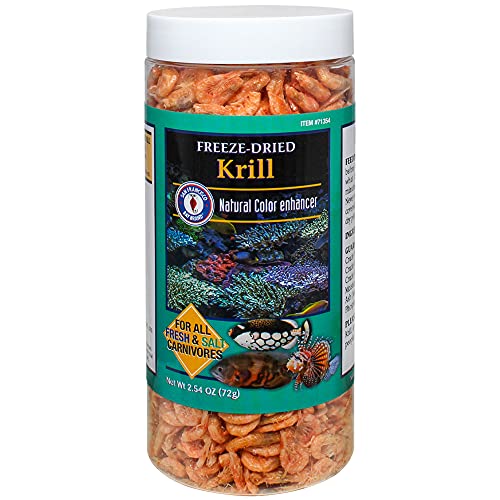ac7av
Bring on the FISH!
I have an order of fish coming. Tuesday I get to pick them up at the local fish store to start populating my aquarium after getting it restarted this last summer. I currently have 14 little fish and a few crabs and shrimp and a mushroom, star polyps, a few small button polyps and a small yellow leather (I think that’s what it is) anyway I did a full run of the tests that I have on the water to see if I need to make any last minute changes and this it what I found.
Temp 79
Calcium 460
KH 250
Phosphate 0.0 – 0.25
Ammonia 0
Nitrite 0
PH 8.2
Gravity 1.020
My question is in regards to the KH. Is this too high for a fish only with live rock tank? It indicates in the instructions of the test kit that 140-200 is normal for Marine fish and invertebrates. Is this an important range to be with in or is 250 okay or should I try and get it down before Tuesday?
Temp 79
Calcium 460
KH 250
Phosphate 0.0 – 0.25
Ammonia 0
Nitrite 0
PH 8.2
Gravity 1.020
My question is in regards to the KH. Is this too high for a fish only with live rock tank? It indicates in the instructions of the test kit that 140-200 is normal for Marine fish and invertebrates. Is this an important range to be with in or is 250 okay or should I try and get it down before Tuesday?

































































